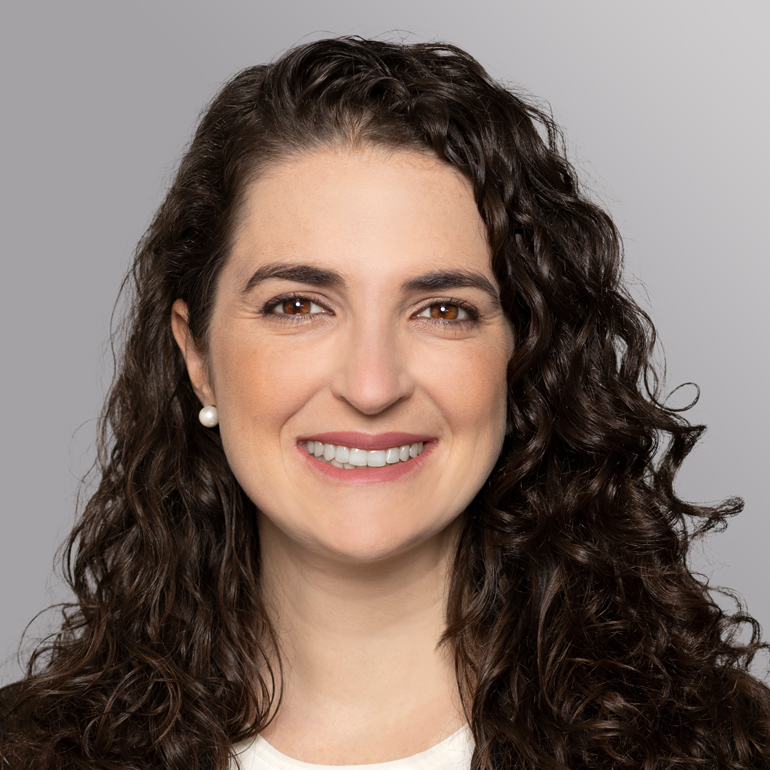02.05.2022
Recent Developments in the Outer Space Dispute Resolution

Recent technological developments have reduced the costs of going to space, expanding not only into new fields such as space tourism but also prompting the privatisation of satellite operations on the front of procurement and telecommunications services. Thus, it is to be expected that the recent expansion and the corresponding congestion of at least the lower orbits, will over time lead to an increase of space-related disputes. Also, the treatment of debris and space military activities will raise new challenges and risks.
In the past, there have been already numerous satellite-related disputes, including treaty claims filed against e.g. India by Bangalore-based Devas Multimedia and Deutsche Telekom (see PCA Case No. 2013-09 and PCA Case No. 2014-10). Meanwhile, Mexico recently defeated a claim from France’s Eutelsat over the reservation of satellite capacity (see ICSID Case No. ARB(AF)/17/2).
There have also been commercial satellite-related disputes, but the often confidential nature of space activities lead to a scarce public knowledge of its scale. The growing number of dispute resolution fora and associations related to space law and space-related dispute resolution, next to the publication of details of some commercial disputes through enforcement proceedings are however an indication that dispute resolution is keeping up with the fast pace evolution of this economic sector.
Nevertheless, as far as international law is concerned, the current legal framework governing outer space limits space law to government action and is mostly silent regarding states’ sovereign rights and private actors’ property rights.
The United Nations Committee on the Peaceful Uses of Outer Space, a forum for the development of international space law, has concluded five international treaties and five sets of principles on space-related activities since 1966. These treaties deal with issues such as the non-appropriation of outer space by any one country, arms control, the freedom of exploration, liability for damage caused by space objects, the safety and rescue of spacecraft and astronauts, the prevention of harmful interference with space activities and the environment, the notification and registration of space activities, scientific investigation and the exploitation of natural resources in outer space and the settlement of disputes. While some – but not all – relevant countries have adhered to these treaties, they are not accessible to all space actors and do not provide a comprehensive legal framework to commercial disputes.
Given the international, highly technical and, as mentioned, often confidential nature of space activities, international arbitration has been a well suited dispute resolution mechanism for the commercial space community. In this regard, the PCA issued the “Optional Rules for Arbitration of Disputes Relating to Outer Space Activities” in 2011 (PCA Outer Space Rules). Differently from the five United Nations treaties, the PCA Outer Space Rules provide for a voluntary and binding dispute resolution process accessible to all. These rules provide flexibility to appoint experts in outer space law as arbitrators, guaranteeing that tribunals can have access to highly specialised and technical knowledge related to outer space activities. They are specifically designed to the space industry and allow parties to present to the tribunal a “non-technical document” in which they explain the technical concepts necessary for the tribunal to fully understand the matters in dispute. Curiously, however, the PCA Outer Space Rules have not gained much traction in the space industry. Despite its more than 10 years of existence, there are currently no publicly reported arbitrations that have been resolved using the PCA Outer Space Rules. Arbitration proceedings regarding the outer space have nonetheless been conducted under UNCITRAL, ICSID, ICC, and LCIA rules.
One particularly interesting case is CC/Devas v. India, arbitrated under the 1976 UNCITRAL Arbitration Rules and administrated by the PCA. In its award, the Arbitral Tribunal ruled that India had expropriated the investor’s spectrum and that the territorial nexus of investments does not necessarily require the physical presence of an investment within a state, but, that frequencies are also part of a state’s sovereign interests and thus, can be licensed or expropriated. This broad interpretation by the tribunal of the term “investment” acknowledges the value of intangible assets in unregulated conferred rights such as frequencies, aerial space, oxygen, and outer space property rights.
To provide further guidance to the arbitration community in the field of space law, and creating room for exchange between the international arbitration and space communities, the end of 2021 saw the launch of the in the Space Arbitration Association. It also proposes to maintain a registry of articles and public documents on space-related arbitration proceedings, as well as organise events on topics related to space arbitration.
Finally, another forum available to resolve space-related commercial disputes are the recently established Courts of Space, founded in 2021 under the realm of the Dubai International Financial Centre (DIFC) Courts and the Dubai Future Foundation (DFF), next to its Courts of the Blockchain and Court Tech Lab (the so-called Courts of the Future). The UAE’s DIFC Courts administer an English-language common law system, offering an independent opt-in jurisdiction to settle domestic and international commercial or civil disputes. The Courts of Space also offer a Space Dispute Guide, encompassing a set of guidelines to support such space-related disputes, with the parallel training of judges to become space-related dispute experts after having received courses on space regulations by international bodies and regional agencies.
The fast pace recent evolution of the outer space economy and corresponding dispute resolution mechanisms and fora certainly lead to opportunities arising every day in this field. Both the legal community and international businesses make no mistake in paying close attention and staying up to date with these developments to safely enjoy the benefits of this new wave.

Vanessa Meireles Schilling, LL.M. (Geneva MIDS)
Senior Associate
Hamburg
vanessa.meireles@luther-lawfirm.com
+49 40 18067 10759